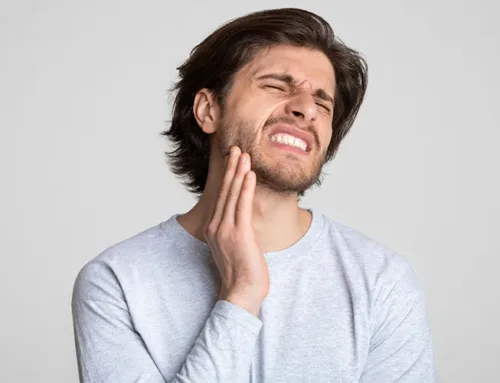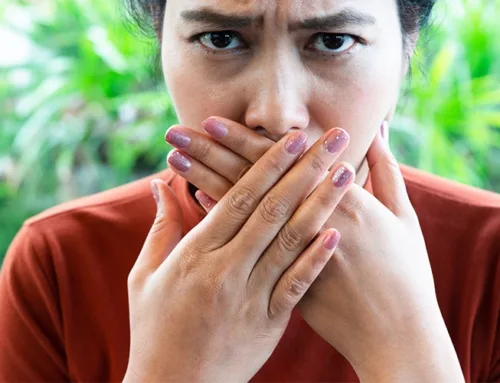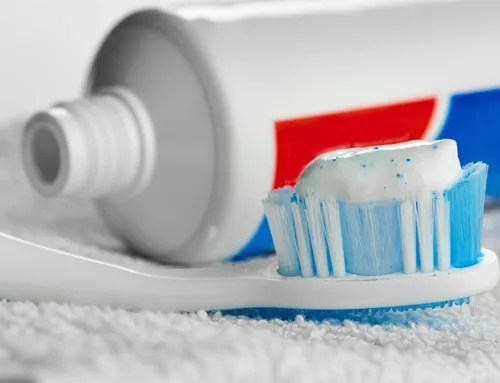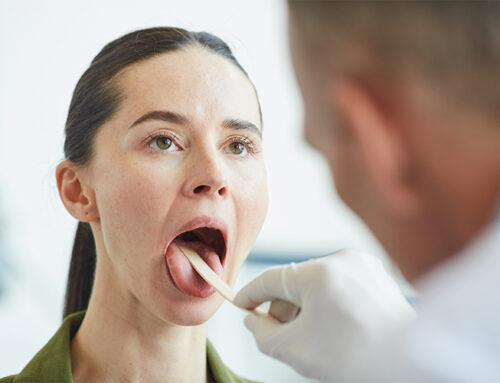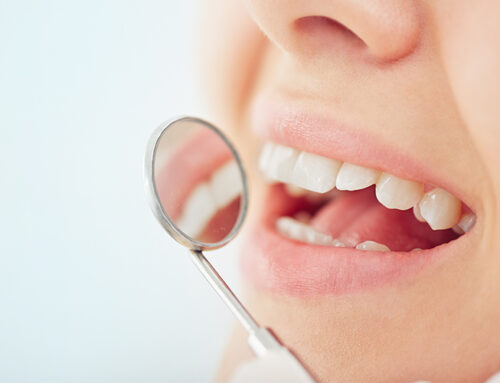Dealing With Bruxism: Could Botox Stop Teeth Grinding?
April 25, 2023
Every single morning you wake up with a sore jaw, a splitting headache, and you’re exhausted. All the pain and fatigue is a result of nighttime teeth grinding, otherwise known as bruxism. This condition causes an individual to unconsciously grind or clench their teeth primarily at night, but also happen during times of intense stress. It’s an uncomfortable condition, that creates a lot of jaw tension, and wears down the biting surfaces of your teeth. While mouth guards and pain relievers prove to be effective for some patients, these treatments only provide temporary relief, and focus only on preventing any ongoing damage from the teeth grinding. If you’re looking for another solution, read on to learn if Botox could stop teeth grinding altogether.
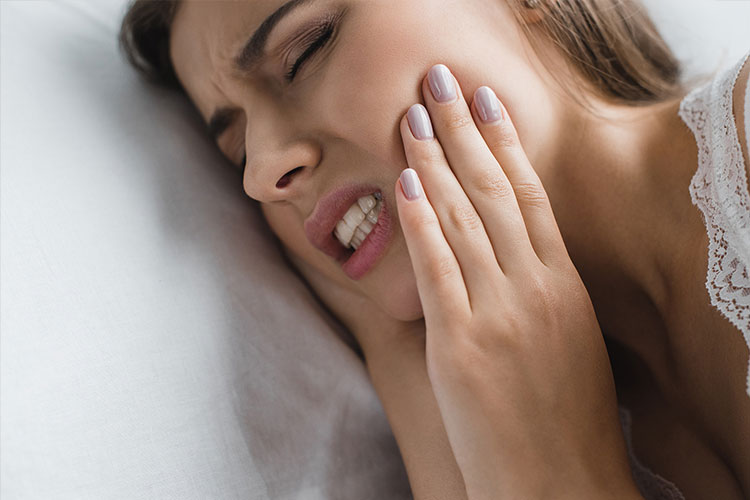
What Is Botox & How Does The Procedure Work?
While you might be familiar with Botox (Botulinum Toxin Type A) as an anti-wrinkle or anti-aging treatment that relaxes muscles to ease the appearance of wrinkles, did you know that it can do more than just smoothing out the skin? Believe it or not, its capabilities can extend to teeth grinding too.
How Botox Stops Teeth Grinding
Botox works by blocking the neuromuscular junction, preventing certain neurotransmitters from reaching the muscles that control jaw movements. Injections are given in the muscles around the jaw, primarily into the masseter muscle, reducing its ability to contract, which results in the stoppage of teeth grinding at night.
My Masseter Muscle?
The masseter muscle is located in the jaw and is responsible for chewing and grinding food. It runs from the zygomatic arch (cheekbone) to the mandible (jaw bone) and is one of the strongest muscles in the body.
Can I Still Smile and Chew?
Absolutely! Even though your masseter muscle will be significantly relaxed, this doesn’t impact your ability to display facial expressions, chew your food, or drink fluids.
Is It Painful & How Long Does an Injection Last For?
Botox injections are relatively painless, as a fine needle is used to inject small amounts of the drug. You’ll notice results in 1–3 days, but the effects will typically last up to 3–4 months.
How Long Is The Procedure?
The procedure for Botox injections only takes around 10 to 15 minutes, is non-surgical, and is entirely safe when conducted by a licensed dental professional. Typically, Botox treatments are administered to alleviate the discomfort associated with TMJ, a condition that affects how the jawbone and facial muscles function. However, studies suggest that Botox is an effective solution that improves the painful symptoms of bruxism.
How Many Units of Botox Are Needed For Teeth Grinding?
The amount of Botox units you’ll need to relax the masseter muscle and stop teeth grinding depends on how strong your masseter muscle is, and the severity of your teeth grinding. As a guideline, the average units used in dental patients is between 15-25 on either side of the jaw.
What Is Botox Made From?
Botox is a neuromodulator made from a purified form of botulinum toxin type A, derived from the bacterium Clostridium botulinum.
Why Choose Botox to Stop Teeth Grinding?
Botox is an ideal choice for treating teeth grinding (bruxism) because it addresses its underlying causes. When injected into the masseter muscle, Botox relaxes the jaw and reduces clenching, which can reduce headaches, alleviate jaw pain and decrease wear on teeth from grinding. Beyond this, though, other benefits include:
- It is non-invasive, and has zero downtime. Your daily routine is not affected.
- If you have a bulkier masseter muscle, you may notice that Botox slims the face shape down a bit.
- You’ll have less jaw tension, neck pain, headaches, and you’ll sleep better at night.
- It is an affordable option.
The great thing about Botox for teeth grinding is that there is no aftercare. The only thing that is typically asked of you is that you do not massage the injection site for 24-hours after your appointment with us, as doing so may spread the Botox to unwanted areas in the face.
Is Botox a Permanent Treatment for Teeth Grinding?
While Botox injections are effective for bruxism, it’s not a permanent solution. Once the effects of Botox wear off, you’ll have to get another round of injections. However, recurring injections should help lessen teeth grinding each time. Additionally, it’s important to note that Botox does not treat the underlying behavioral and psychological factors that contribute to bruxism, such as stress and anxiety. That’s why it’s always good to have ongoing dental hygiene appointments combined with this treatment.
Find Relief Today With Botox Injections for Teeth Grinding
If you’ve tried other treatments such as nighttime mouth guards and over-the-counter pain relievers, only to find temporary relief, you may want to consider Botox as an alternative solution to stop your teeth grinding altogether. Remember that while this approach is effective in treating the muscle movements associated with bruxism, it is not a cure-all. This is why we recommend that you book in for a consultation to discuss all options, as an evaluation will give you the insight you need to determine if this is the best course of action. Don’t let your teeth grinding keep you up at night, give us a call at (813) 333-1922 or use our contact form to learn more.




